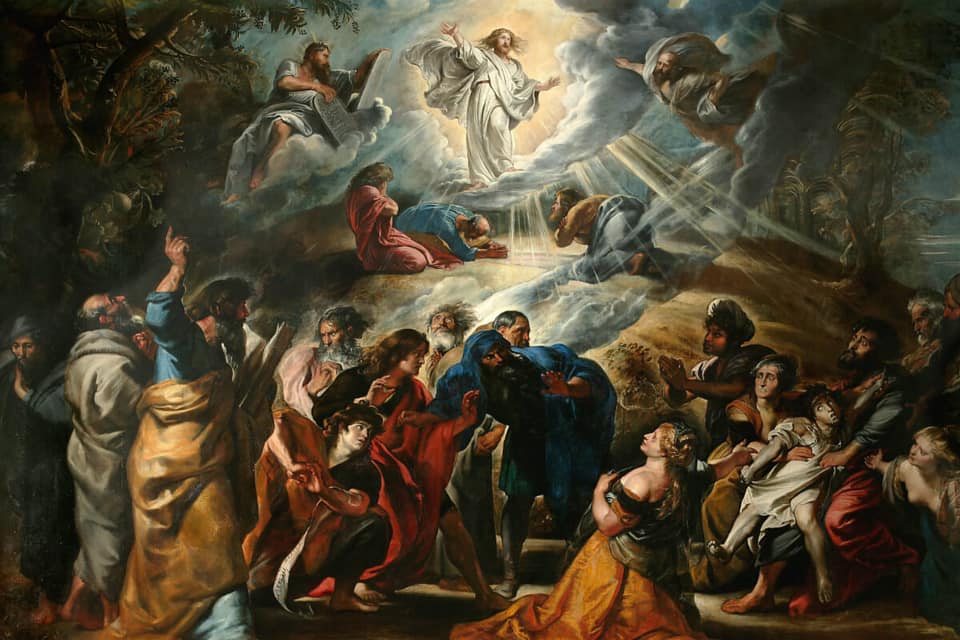 Gospel of 10 March 2021
Gospel of 10 March 2021
Wednesday of the Third Week of Lent
Matthew 5:17-19
I have not come to abolish the Law and the Prophets but to complete them
Jesus said to his disciples: ‘Do not imagine that I have come to abolish the Law or the Prophets. I have come not to abolish but to complete them. I tell you solemnly, till heaven and earth disappear, not one dot, not one little stroke, shall disappear from the Law until its purpose is achieved. Therefore, the man who infringes even one of the least of these commandments and teaches others to do the same will be considered the least in the kingdom of heaven; but the man who keeps them and teaches them will be considered great in the kingdom of heaven.’
Reflexion
Very few modern people would actually claim that they are profoundly inspired by the Law. But we see an unmistakable fawning for the Law in both the first reading and the gospel. In fact, in the first reading Moses tells the people that other nations admire Israel precisely because of its Laws. One could never imagine how laws could win the admiration of others. Modern nations could boast of thriving economies, modern infrastructures, vibrant cultures and rich histories, but to say that their laws are a source of inspiration for others, now that’s a strange claim indeed.
Scripture helps us to understand the pride the Jews had in their Law. As the first reading tells us, the Law was proof of their great wisdom: “No other people is as wise and as prudent as this great nation.” Since the law was a manifestation and expression of the will of the legislator or the king, good and wise laws were evidence of good and wise kings. In this case, it is God who is the legislator, and who could be wiser than God. His Laws were seen as a reflexion of His wisdom and the people who were guided by His wisdom must also be considered wise, as they followed the commandments of the Source of All Wisdom.
But the Law expounded by Moses was also a sign of God’s closeness to His people and His care for them. Here, we see the paternal image of God - a caring father provides guidance for his children whereas an uncaring father would be totally distant and indifferent. Pagan gods are often considered remotely distant from their subjects, the God of Israel was infinitely intimate with His people, as He guided them as King and Shepherd, providing them with laws and commandments as a king promulgate for his people.
As our Lord began to expound a teaching that even surpassed the Law in terms of its demands, many came to ask if He had come to abolish the Law. The answer our Lord gives in the gospel is interesting because it is revelatory. He says that He did not abolish the commandments that God had promulgated of old, for He Himself was God who had established them. What our Lord invalidated was human teachings construed by rabbis which they passed off as teachings of religion: “In vain do they worship me, teaching as doctrines the precepts of men" (Matt 15:9).
Our Lord also asserted that He came to fulfil the law and prophets, which He did by replacing the type with reality, as when He replaced the Paschal Lamb with the Holy Eucharist. The temple and synagogue would yield to the Church. To make more perfect what was imperfect before is to keep the old in place and to build on it, as a church spire rests on the existing building.
Finally, the Christian religion would eventually break out of its Jewish cultural cocoon, and emerge as the Religion of the Nations: Catholic. It is in this manner that Jesus explained His true mission: "Do not imagine that I have come to abolish the Law or the Prophets. I have come not to abolish but to complete them.”
